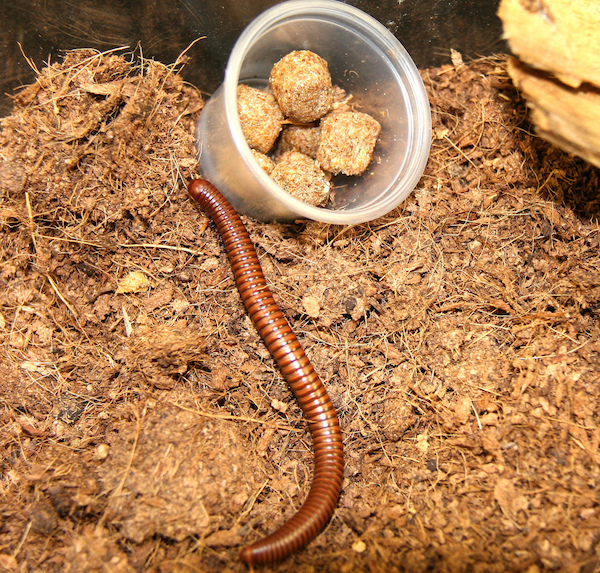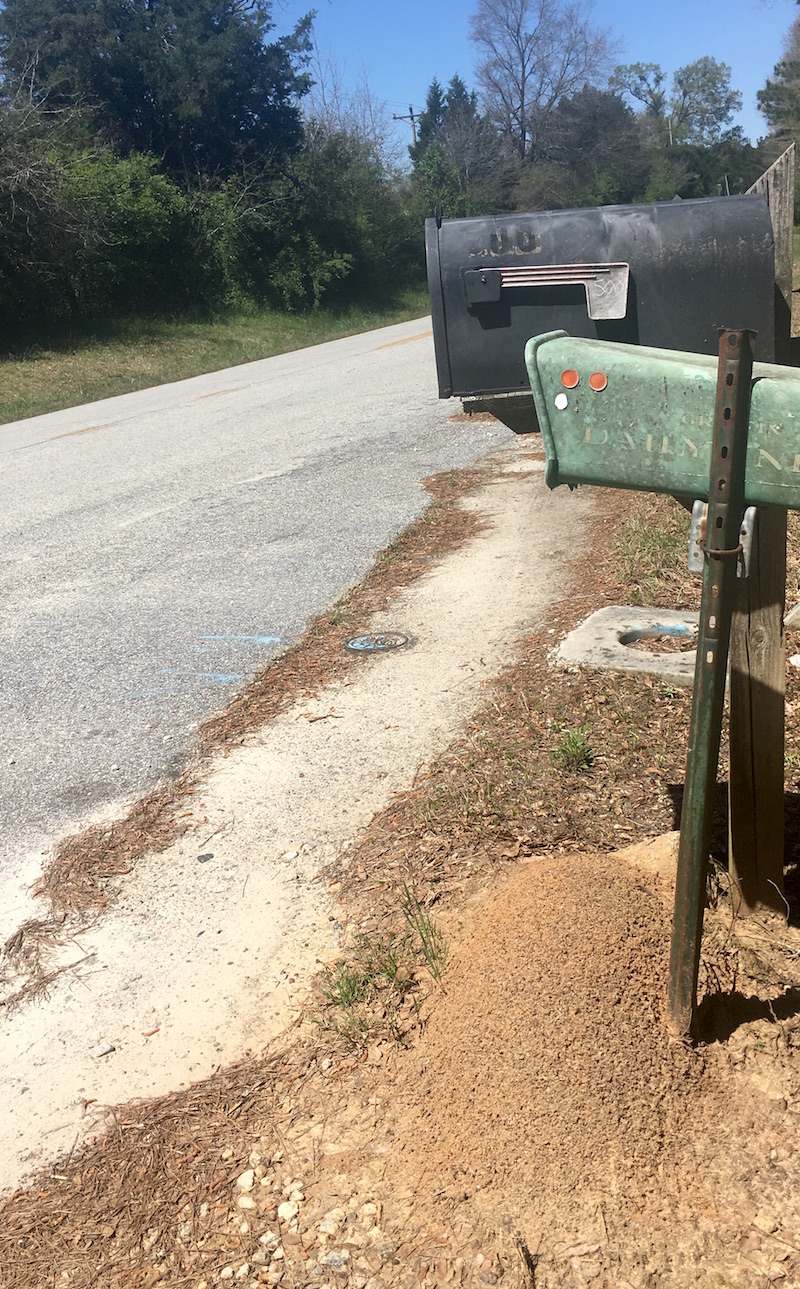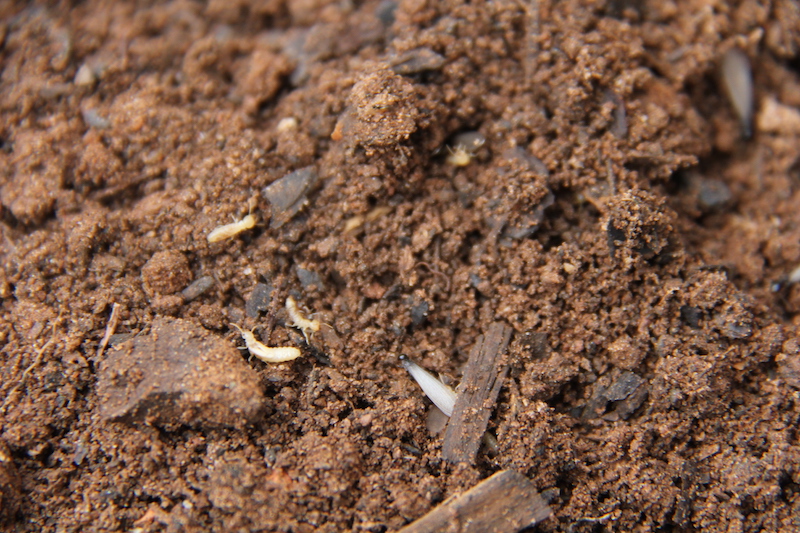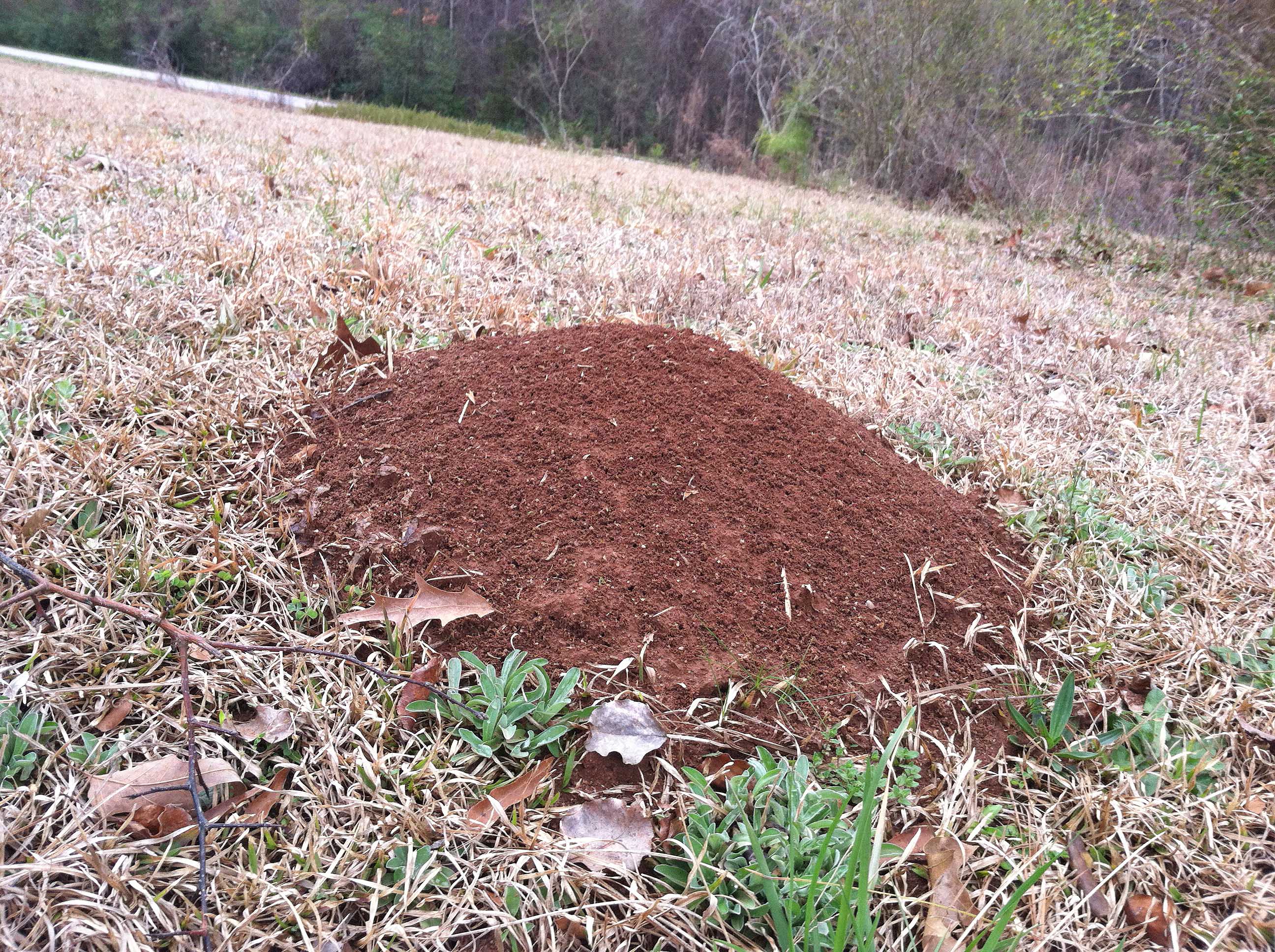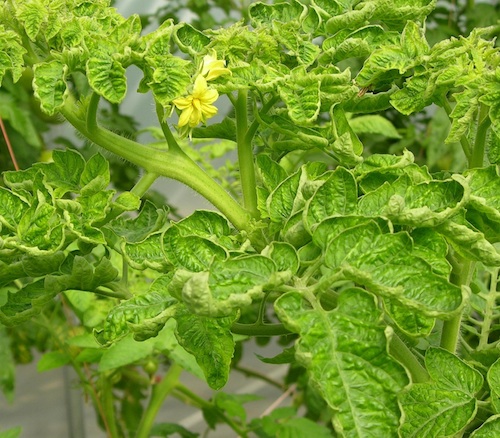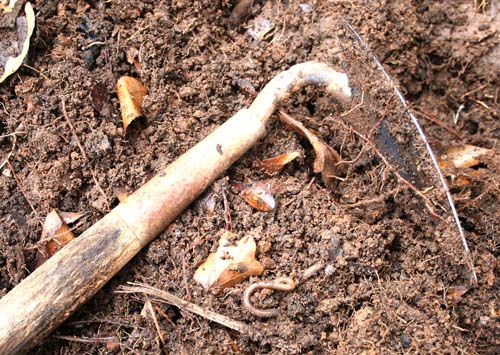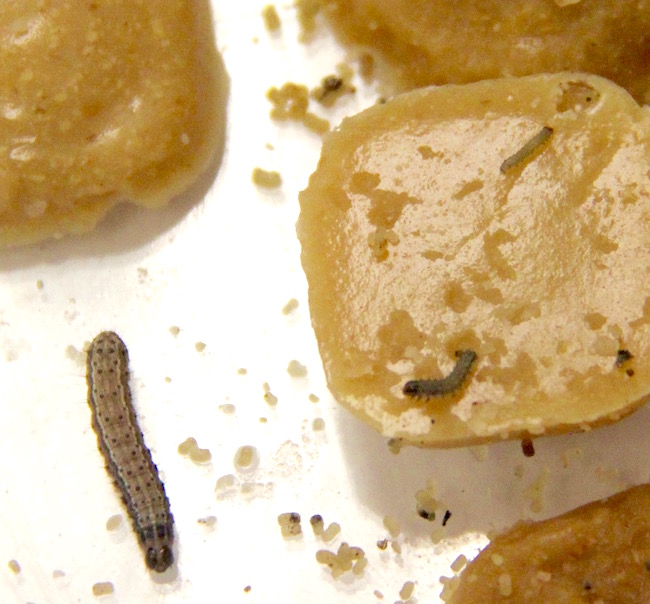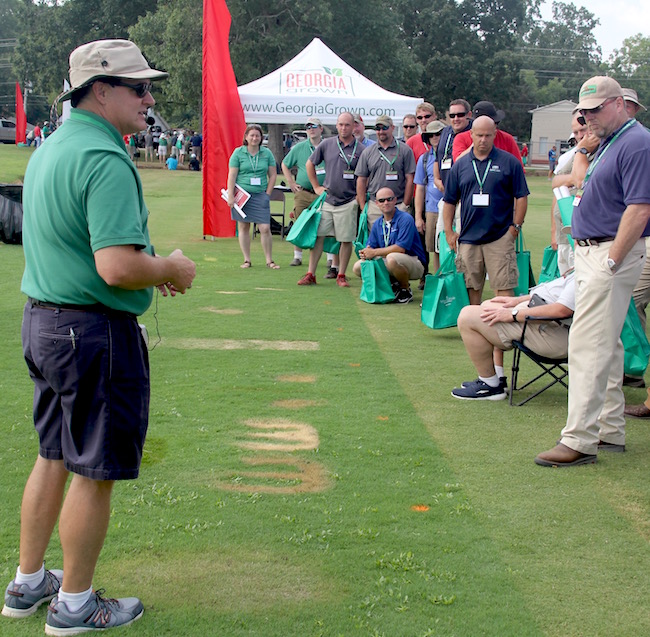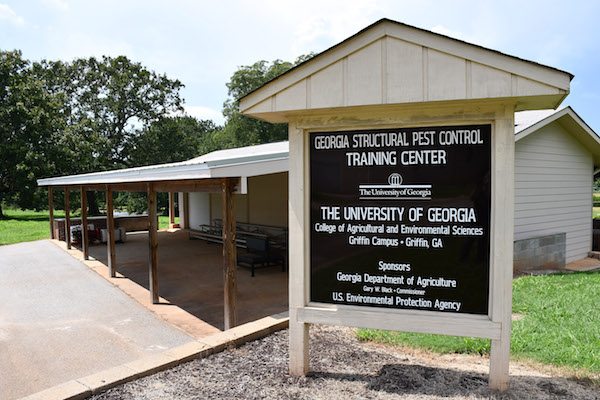 CAES News
CAES News
Pests in Schools
Georgia has strict regulations and rules when it comes to managing pests at schools. The University of Georgia Structural Pest Management Program (SPM) offers a biannual workshop on integrated pest management (IPM) for pest control operators who have school contracts in Georgia, Alabama, South Carolina and Tennessee. The program will host the fall 2018 School IPM Workshop on Thursday, Aug. 23.

